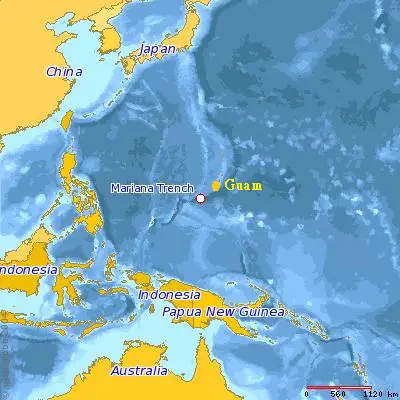The Basel Ban Amendment which the members to the Basel Convention adopted in 1995, bacame an international law on the 5th of December, 2019. This is related to the Control of the Transboundary Movement of Hazardous and Their Disposal.
Ratified by 98 countries, this amendment puts a prohibition on the export of hazardous waste from the Member Nations of the European Union, Organisation for Economic Cooperation and Development (OECD), and Liechtenstein to all other countries. This agreement has become a new Article (4a) of the Basel Convention.
The countries and organizations that supported the formation of the Basel Ban Amendment and Basel Action Network (BAN), the member organisation of the Platform got the result of their persistence.
The prohibition is relevant today also because of the continuous export of harmful electronic wastes, plastic wastes and end-of-life vessels from the Global North to Asia and Africa’s polluting operations.
“The Ban Amendment is the world’s foremost legal landmark for global environmental justice. It boldly legislates against a free-trade in environmental costs and harm”, said Jim Puckett, Executive Director and Founder of Basel Action Network
Inspite of the enforcement of this ban as an Article, industries like the electronics and shipping industries are trying to manipulate the meaning of what the Ban. They are doing so because they do not want their commodities to come under the legal constraints that have been enforced by the Convention and the Ban.
“Shamefully, electronics manufacturers like HP, Dell and Apple are lobbying for the Basel Convention to call non-functional electronics ‘non-waste’ and thus not subject to the Basel Ban if somebody simply declares these wastes as possibly repairable”, said Jim Puckett, Executive Director and Founder of Basel Action Network.
In the same way, the shipping industry has run away from its responsibility related to old worn out vessels as per the Basel. A seperate Hong Kong Convention has been designed particularly to continue dumping toxic vessels on the beaches of South Asia.
The notable countries that have not ratified the ban are the United States, Canada, Japan, Australia, New Zealand, South Korea, Russia, India, Brazil, and Mexico.
“There can be no excuse for any country to use poorer countries as convenient dumping grounds for their waste, and it is especially ugly to do this in the name of recycling or the circular economy. With the Ban Amendment now international law, we hope and urge that all countries that have failed to ratify it will reconsider what it means to be global leaders in the age of globalisation”, said Jim Puckett, Executive Director and Founder of Basel Action Network.
Reference: shipbreakingplatform
from WordPress https://www.maritimemanual.com/global-ban-exporting-hazardous-waste-developing-countries-becomes-law/

No comments:
Post a Comment